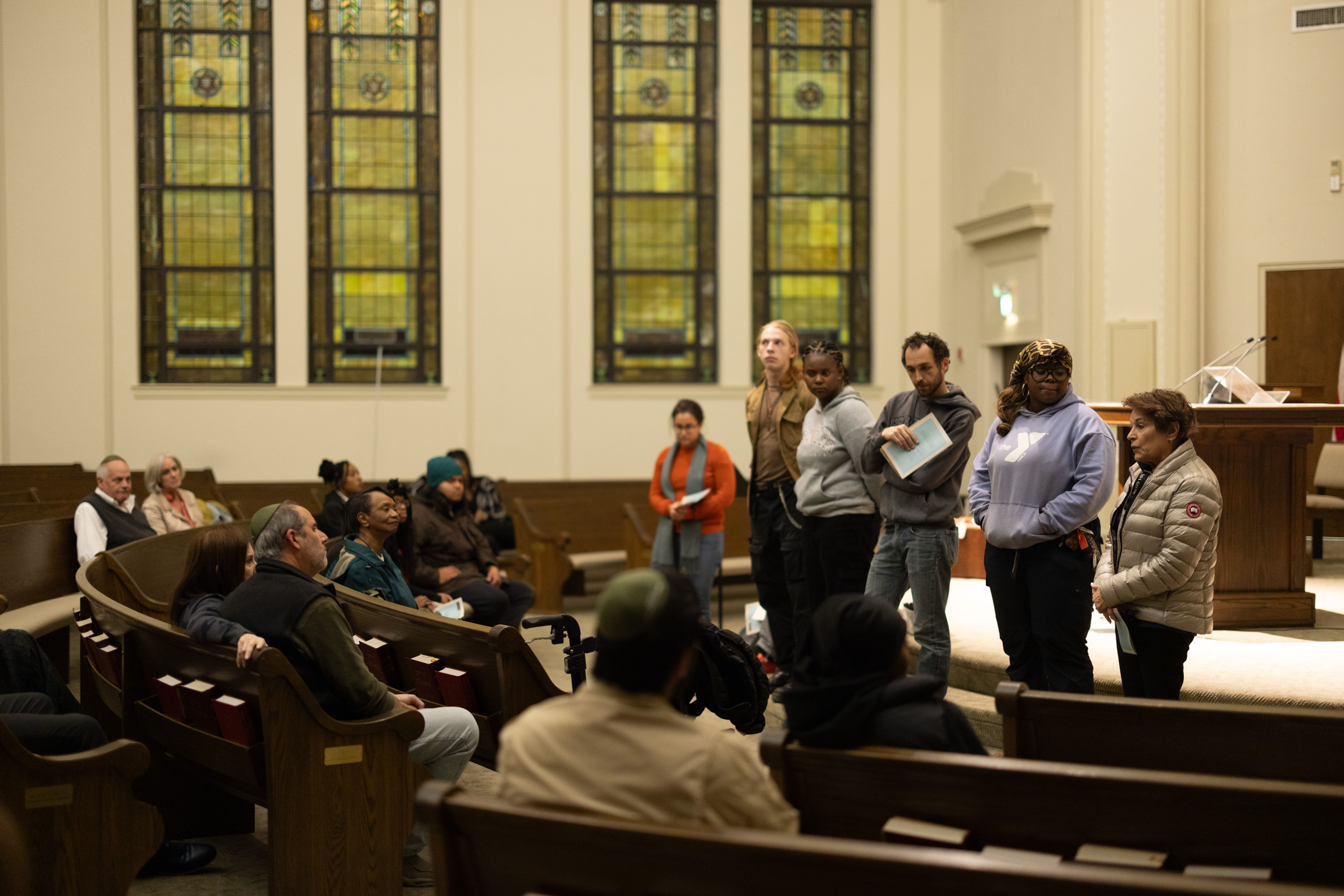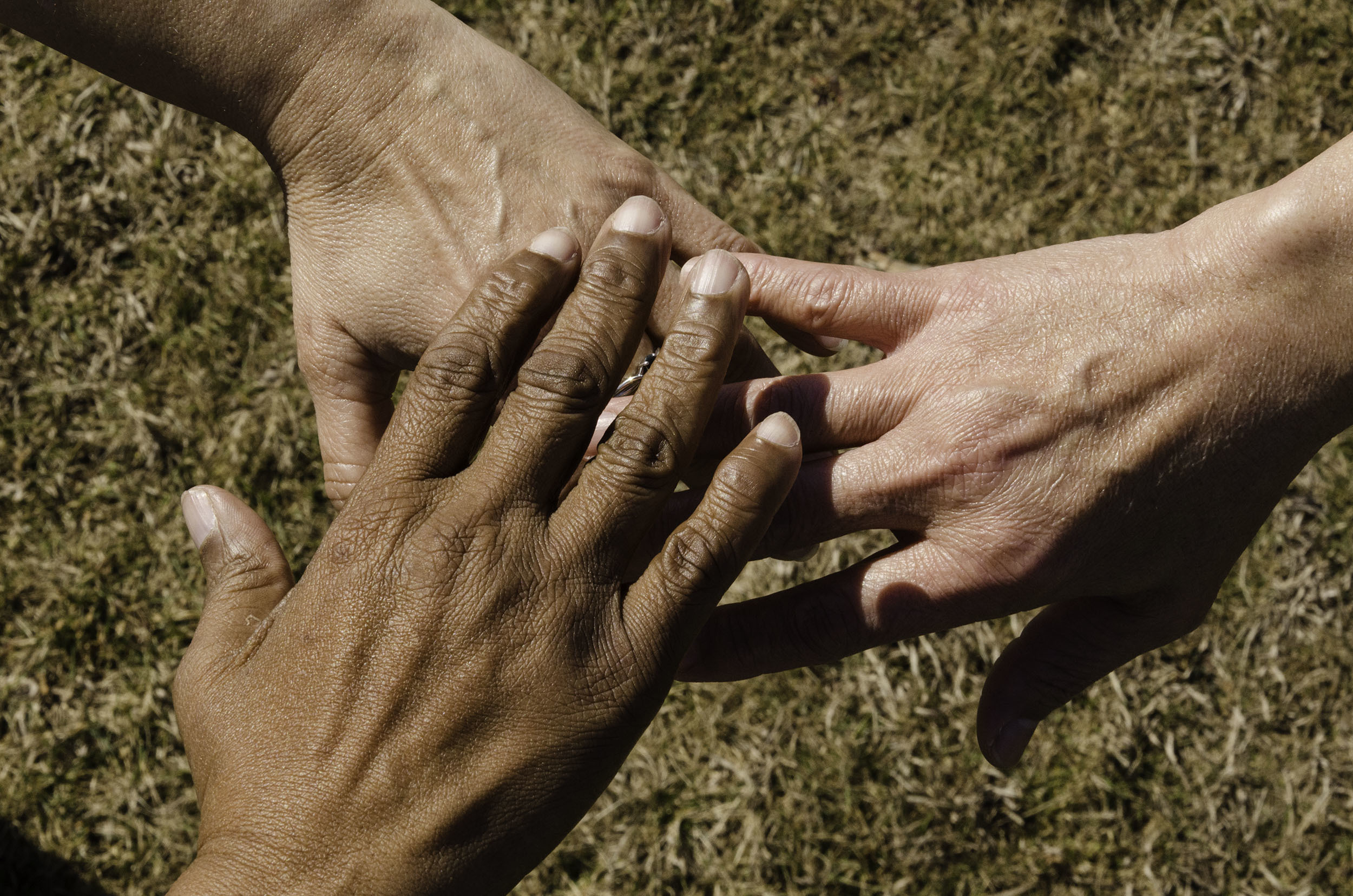
Tomorrow, Yom Haatzmaut, Israel’s Independence Day, Israel turns 70.
I was at a meeting a few weeks ago with rabbinic colleagues from multiple Jewish religious communities in North America. One of the items we discussed was, “what are we celebrating when we say Israel at 70?”
As we went around the table, one colleague noted that he too is 70 this year and reflected on how far Israel has come in just his lifetime. When he was a child the concern was literally for Israel’s well-being. He remembers sending boxes of food to Israelis to address the new state’s food insecurities. He remembers the need to buy Israel Bonds to support the building of Israel’s infrastructure. And he remembers that Israel faced existential threats, and full out war, on what seemed like a daily basis.
Seventy years later Israel is a world exporter of food and water. Its infrastructure of roads, water, electric, and more are first world. Today, it is secure with one of the world’s most powerful militaries, strongest economies, respected judicial systems and open democracies.
And yet, Israel doesn’t always reflect our values and highest hopes.
Though Israel is the Jewish state, not all Jews are equal. The government continues to support the increasingly extreme Chief Rabbinate’s monopoly on Jewish life, greatly limiting options for issues of personal status such as conversion, weddings, adoptions, burial and divorce. Though studies show the Masorti/Conservative Movement has doubled in size in the last decade, to more than 250,000 people (4% of the population) there is little to no public funding, nor recognition. And though a historic compromise was achieved for pluralistic prayer at the Kotel, it has not been implemented, nor does it look like it will be anytime soon.
The peace process with Israel’s Palestinian neighbors seems intractable. Israeli and Palestinian destinies are intertwined yet each has its own national aspirations in opposition to one another.
Israel’s economy is strong, and yet 25% of its children are living with at or below the poverty line.
Israel is a nation of refugees, yet its treatment of those seeking refuge is lamentable. Just when the government achieved a fair solution with the UN, it yet again backtracked on its promises.
Yet, in discussing what we celebrate as Israel turns 70, we see that some of the challenges, and critiques, that many of us in the Diaspora have about Israel are possible only because of how successful Israel has become. Its success allows us the luxury of examination. So we debate, because as our tradition teaches us “debate for the sake of heaven” is not only desired, but necessary if we are to achieve the fulfillment of our values and highest hopes.
On Passover, as on Yom Kippur, we proclaim לשנה הבאה בירושלים – next year in Jerusalem. It is our fondest hope, our cry for redemption. Zionism is the manifestation of that hope. Seventy years young, Israel represents the single greatest achievement of the Jewish people. Yet that achievement is still incomplete. So we critique and celebrate. We cry and hope. We wrestle with the challenges and the success.
For that, after all, is the meaning of Israel – wrestling with our human frailties and our divine capacities.
May this year, as Israel celebrates its 70th Independence Day, be one in which our divine capacities prevail.









